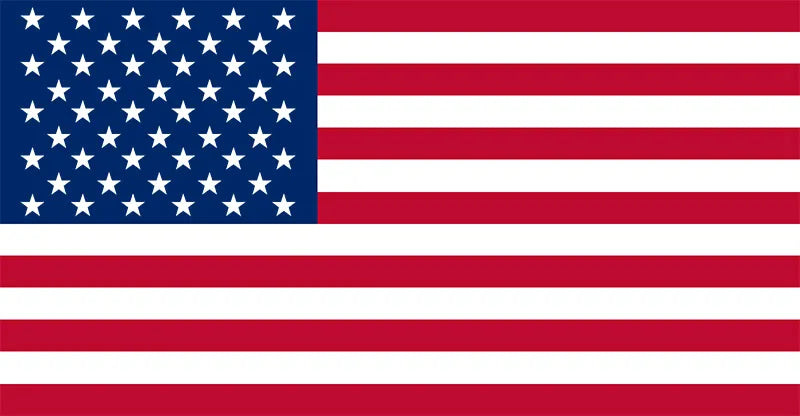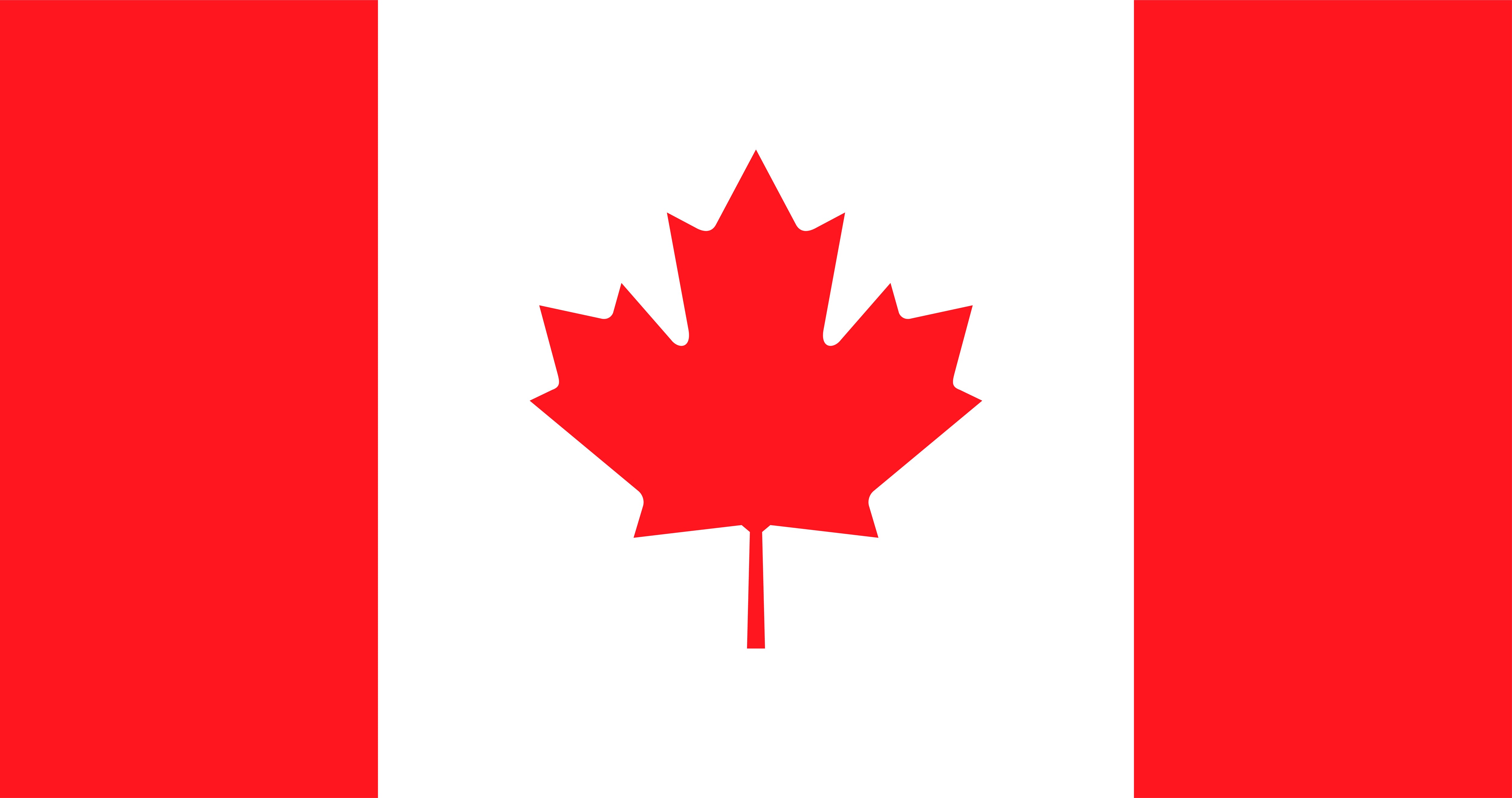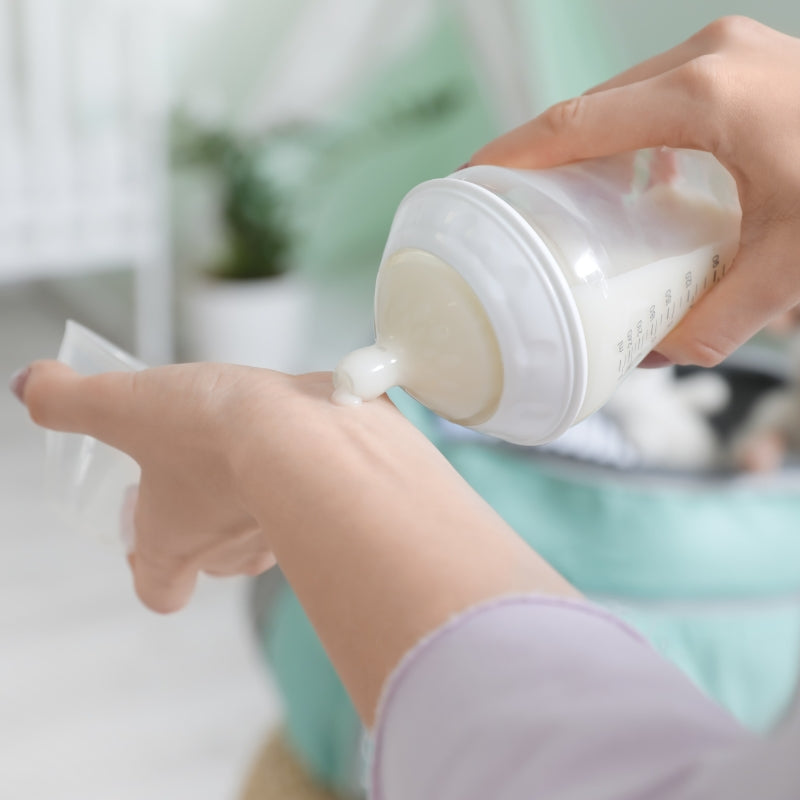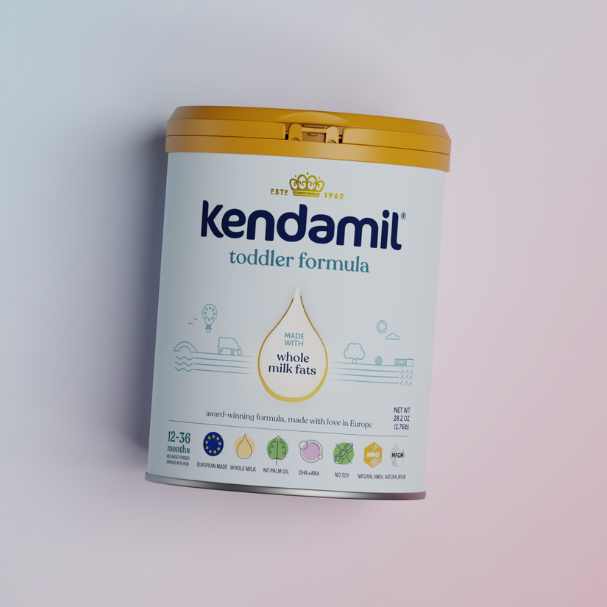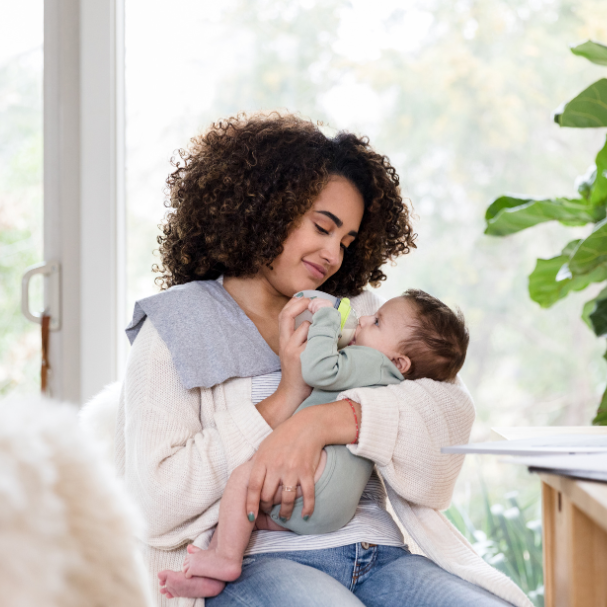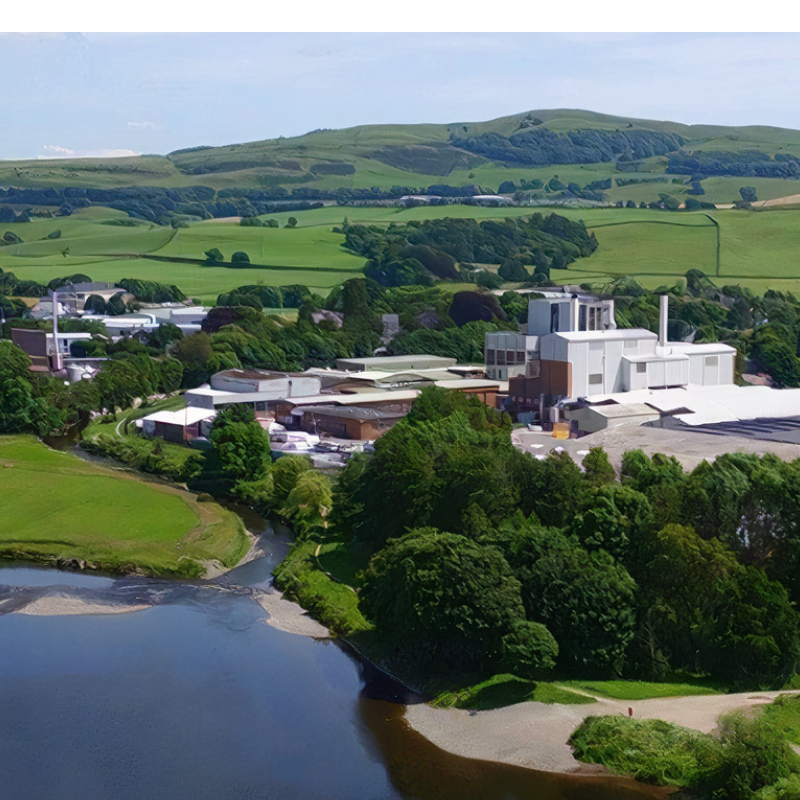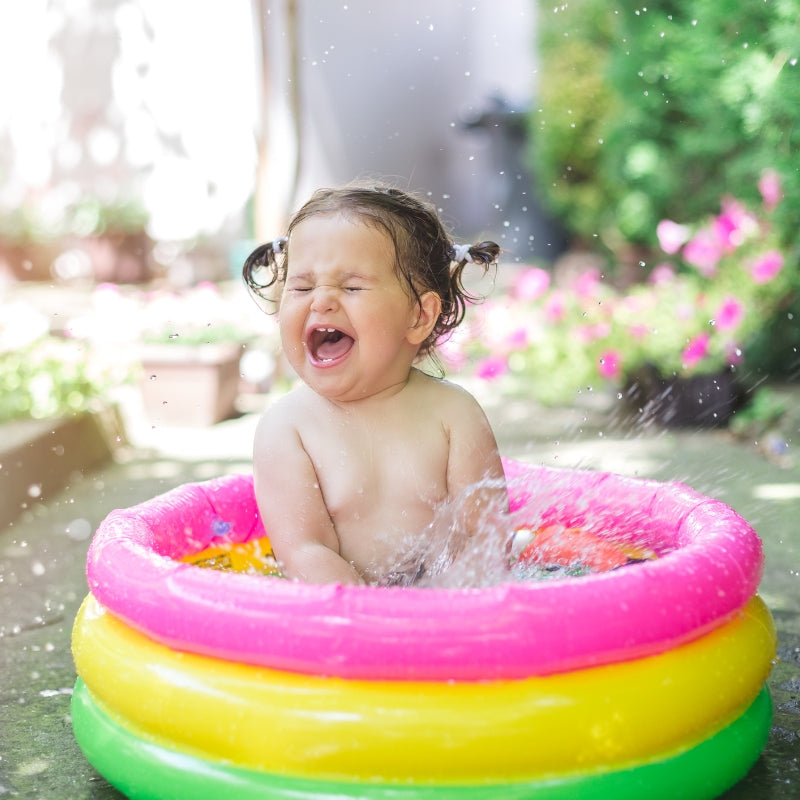We know life with a little one is wonderfully chaotic, and making sure your baby’s feeding routine is both safe and speedy can sometimes feel like a juggling act. But don't worry, we're here to help! Let's walk through some key tips on storing and preparing formula for your little tot. As we’re made in Europe, we follow the guidelines of the NHS, which can be a bit stricter than the guidelines set out by the AAP.
If you’re concerned about what guidelines to follow for your baby, always speak to your healthcare provider.
Formula Storage Guidelines
Formula storage instructions - Dos and Don’ts!
Do:
- Store opened and unopened cans of formula in a clean, cool, dry place (e.g. cupboard, pantry, drawer, or cabinet).
- Keep away from direct sunlight.
- Use the can of formula within 4 weeks of opening (little hack, you can always write on the can the date you opened it).
- Ensure the lid on your can of formula is tightly and securely closed when not in use.
Don’t:
- Don’t store in places with high humidity or extreme temperatures (e.g. near the stove, oven, heating/ hot water pipes).
- Do not store in the fridge, as humidity can cause clumping.
- Powdered baby formula should not be frozen.
- Do not leave the can open, as it may allow foreign objects or contaminants to enter.
Formula safety tips
For the health and wellbeing of your baby, following these formula safety tips when it comes to handling and discarding formula, and checking expiration dates is super important!
Formula Expiration Dates
First things first, always take a peek at those expiration dates. Think of it like checking the freshness of your milk or yogurt. Here’s what you need to know:
- Check expiration dates: Before you open and use a new can of formula, glance at the expiration date. You don’t want to accidentally use expired formula—it can lose its nutrients and might not be safe for your little one.
- Rotate your stock: When you stock up, put the new cans behind the older ones. This way, you'll use the older ones first and nothing goes to waste.
- Don’t use expired formula: If you find a can that’s past its date, don’t risk it. Toss it out to keep your baby safe and healthy.
Proper Formula Disposal
The NHS gold standard guidance recommends making a fresh feed of formula every time, as and when baby needs one. However, in some circumstances this may not be possible, and so they also advise you can store prepared formula in the back of the fridge for 24 hours. After this, formula must be thrown away due to the increased risk in bacteria growth.
Once you’ve made a bottle of formula and it has been left at room temperature, this should be disposed of either two hours after the bottle of formula has been made, or one hour after baby has started feeding from the bottle. Once again, leaving a bottle of formula any longer than this increases the risk of bacteria growth.
Safe Formula Handling Practices
- Wash your hands: Always start with clean hands. Give them a good wash with soap and water before you do anything with the formula. If you’re out of the house, carry some hand sanitizer with you to sterilize your hands.
- Clean preparation area: Make sure the space where you’re mixing the formula is clean and tidy. We don’t want any germs sneaking in. If out and about, carry some sterilizing wipes or a sterilizing spray to disinfect the surface you’ll prepare a feed on.
- Use clean equipment: Use sterilized bottles, nipples, and utensils. Keeping everything clean helps keep your baby safe.
- Follow manufacturer's instructions: Read the preparation instructions on the formula packaging carefully. It’s important to mix it just right to get the right balance of nutrients. For Kendamil, every one leveled scoop of powder is equivalent to 1 fl oz of water. For more information on how to make up a bottle of Kendamil formula, check out our blog!
- Monitor temperature: Check the temperature of the formula before feeding to baby - it should be body temperature. A quick test on the back of your wrist will tell you if it’s just right.
Preparing formula in advance
For those busy days out and about, having a plan for feeding your baby can make all the difference. Here are some tips to ensure you’re always prepared, no matter where the day takes you. Or, check out our helpful video on how to make formula when on-the-go.
- Traveling with pre-made formula: If you’re quickly heading out, you can bring pre-mixed formula with you, but this must be drunk by baby within two hours of preparation. Be mindful that if it is hot outside, this time span is even shorter - in this case we would recommend transporting in a cool bag with an ice pack!
- Transport formula powder using formula dispensing containers: If you plan to make a fresh feed on-the-go, before leaving the house, pre-measure the formula powder you’ll need per feed into a clean, dry formula container. These handy containers can usually hold up to 3 or 4 pre-measured feeds of formula powder. Just tip one compartment of pre-measured powder into your sterilized bottle of hot water when your baby is ready to eat.
- Thermos flask: If making a feed on-the-go carry a thermos of freshly boiled tap water that has been cooled in the kettle no more than 30 minutes. The thermos will keep the water at the right temperature of 158F, ensuring it's safe and convenient for mixing when your baby gets hungry. Do check the manufacturer’s instructions for how long your thermos will maintain this temperature.
- Cool on the go: Bring along a second thermos or an insulated bag with ice packs if you need to cool the mixed formula quickly. You can place the bottle in this cooler environment for a few minutes before feeding to baby.
We know it’s a lot to take in and there is much to learn when it comes to the health and safety of your little one, you’ll soon get the hang of it. If you ever have any doubts or questions, don’t hesitate to reach out to your healthcare provider, or you can talk to our fantastic customer service team who are here to help!
